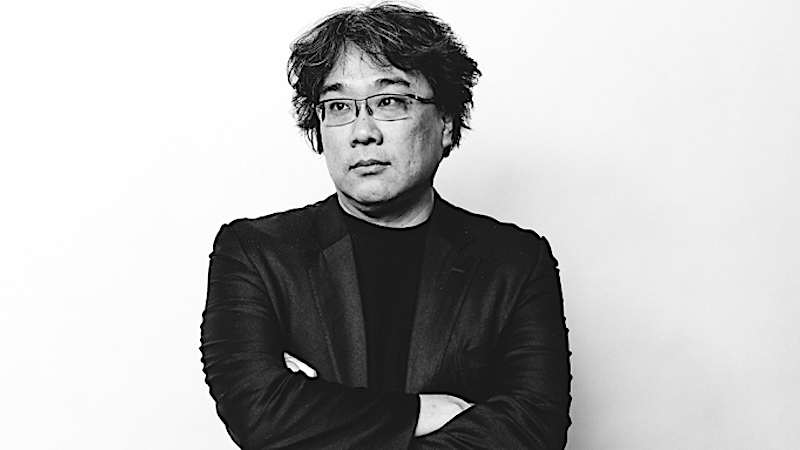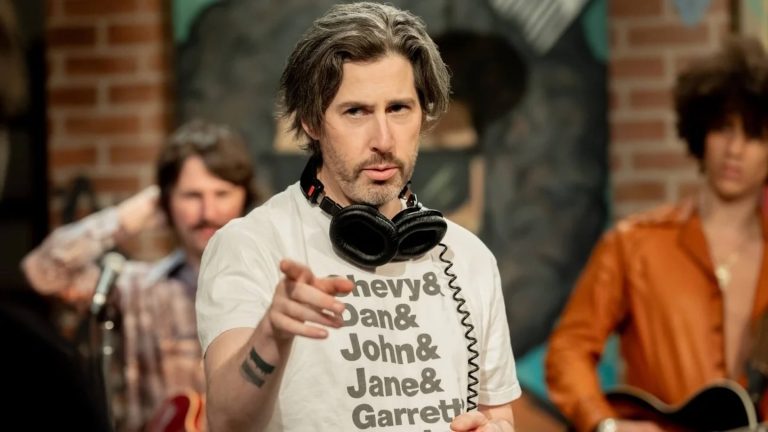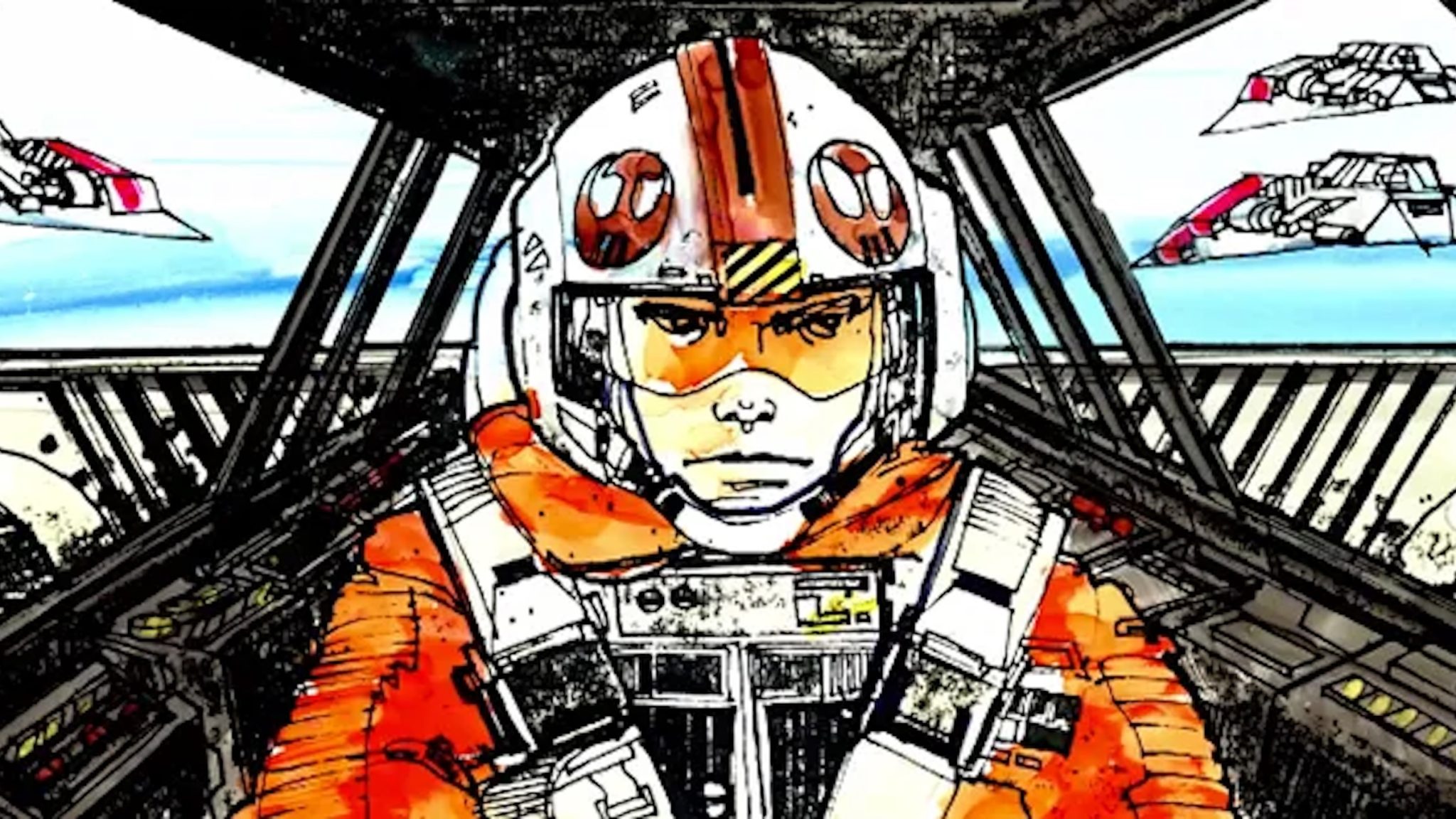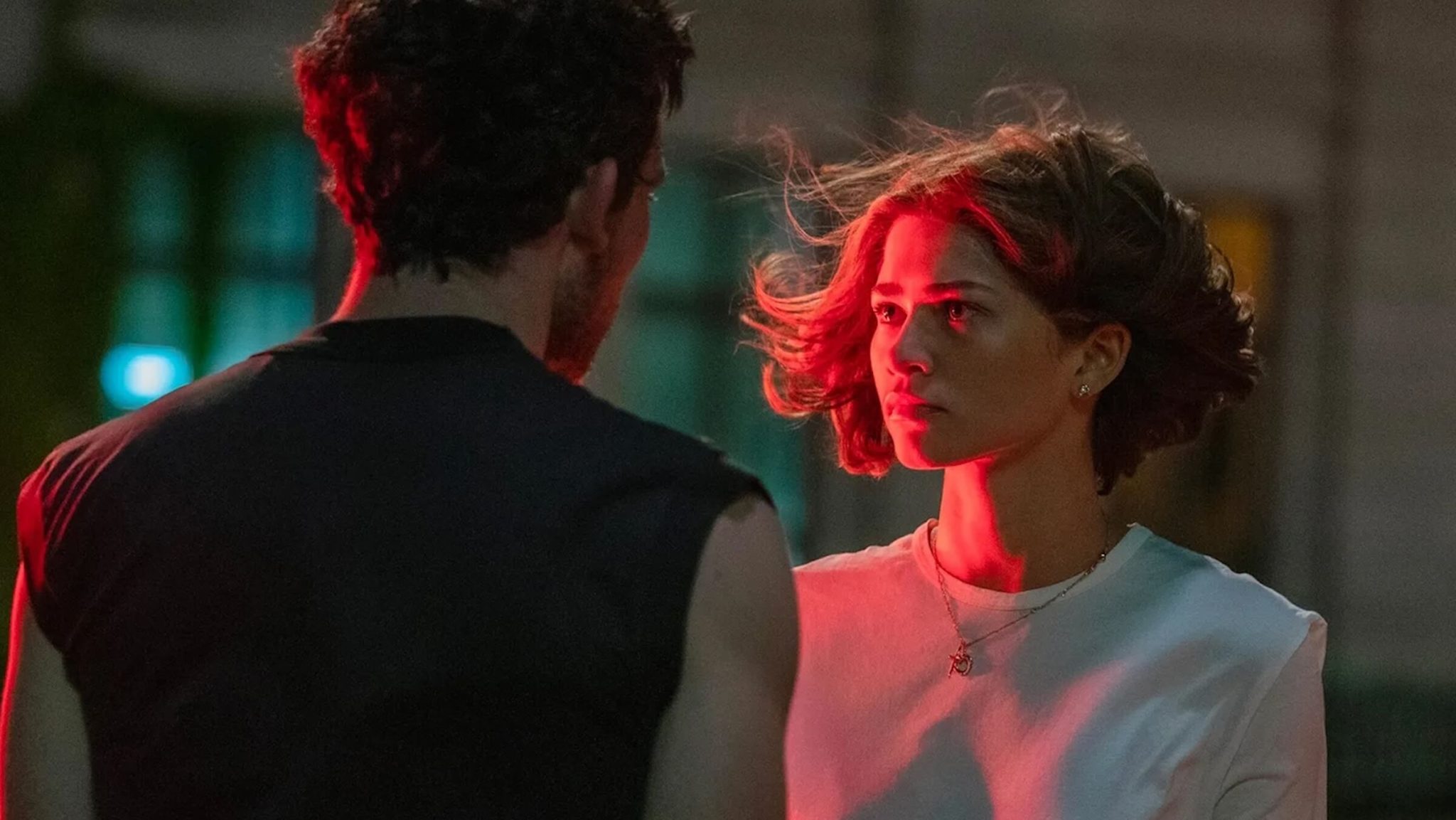Screenwriting and Filmmaking Wisdom from PARASITE Auteur Bong Joon-ho
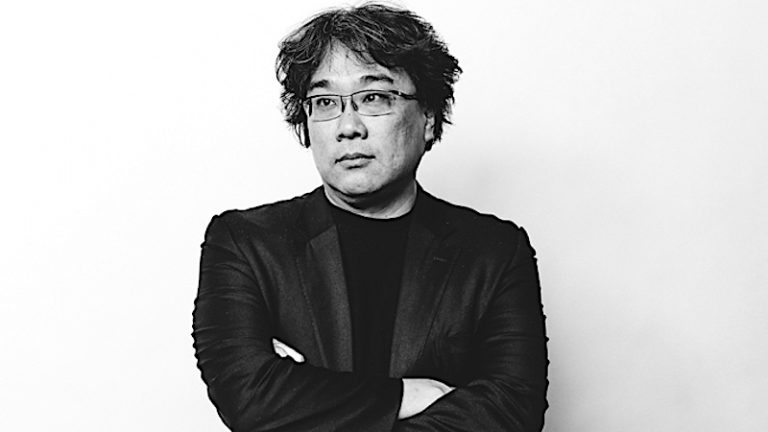
What screenwriting and filmmaking lessons can we draw from the wise words of Oscar-winning auteur and visionary Bong Joon-ho?
Bong Joon-ho was born in Daegu, South Korea in 1969 to a father that worked as a graphic and industrial designer and professor and to a mother that was a full-time housewife. He is the youngest of four children.
Bong's family relocated to Seoul when he was in elementary school. In 1988, he enrolled in Yonsei University, majoring in sociology. As required by South Korean law, Bong served a two-year term in the military before returning to college in 1992.
An avid film lover, Bond co-founded a film club named Yellow Door with students from neighboring universities. It was then that he developed, wrote, and produced his first short films. He later graduated from Yonsei University in 1995.
Bong had also completed a two-year program at the Korean Academy of Film Arts, making many 16mm short films — two of which were invited to screen at the Vancouver and Hong Kong international film festivals.
He also developed his talent as a cinematographer, collaborating with fellow students on acclaimed short films.
His personal influences included Martin Scorsese and Quentin Tarantino.
After he graduated from college Bong worked on many film sets in different capacities and later received a screenplay co-writing credit for the 1996 film Seven Reasons Why Beer is Better Than a Lover. He was credited on Park Ki-yong's 1997 film Motel Cactus as both screenwriter and assistant director and was listed as one of four writers of the 1999 film Phantom the Submarine.
Soon after, Bong directed his first feature, Barking Dogs Never Bite, which told the story of a low-ranking university lecturer who abducts a neighbor's dog. While somewhat forgotten today, at the time it was invited to the competition section of the San Sebastian International Film Festival, and eventually won awards at Slamdance Film Festival and Hong Kong International Film Festival.
Memories of Murder was Bong's second feature, adapted from a popular stage play centered on a real-life serial killer who terrorized a rural town in the 1980s and was never caught (until 2019 when a suspect confessed). Released in April 2003, the film was an international critically-heralded box office success. It won Best Picture, Best Director, Best Actor, and Best Lighting prizes at the 2003 Grand Bell Awards.
Bong also won Best Director at the San Sebastian International Film Festival.
In 2006, Bong's The Host was an instant international hit and his first big-budget feature. The movie told the story of a monster that emerges from Seoul's Han River and begins attacking people. One victim's loving family does what it can to rescue her from its clutches.
The Host was South Korea's widest release ever and set a new box-office record with 13 million tickets sold. Foreign sales were huge, and Universal picked up the remake rights.
Bong's fourth feature film — Mother — told the story of a doting mother who struggles to save her disabled son from a murder accusation. Once again, Bong's work was heralded and gained significant notice in the film festival circuits, as well as being present on many "Top Ten" lists around the world.
In 2011, he was invited to serve as a jury member for the 27th Sundance Film Festival. He was also asked to head the jury for the Caméra d'Or section of the 2011 Cannes Film Festival and the 2013 Edinburgh International Film Festival.
His star was quickly rising as a visionary writer and director.
2013 gave us Bong's first English-language film — Snowpiercer — which was based on the graphic novel Le Transperceneige by Jean-Marc Rochette and Jacques Lob. The story is set on a futuristic train where those on board are separated according to their social status.
Snowpiercer's debut was met with international praise and excellent ticket sales, breaking many Korean box office records.
His followup — 2017's Okja — premiered at the Cannes Film Festival, where it competed for the Palme d'Or. The immediate reception was mixed, primarily because Netflix produced the film.
However, during its actual premiere, audience members gave it a four-minute standing ovation. It was yet another critically-heralded Bong Joon-ho film.
2019's Oscar-winning Parasite (Best Original Screenplay, Best Director, Best International Film, and Best Picture) garnered worldwide acclaim and would go on to be Bong's biggest box office hit to date.
His Oscar acceptance speeches during the 2020 Academy Award ceremony showcased his kind spirit and appreciation for the other auteurs and directors that he was heavily influenced by.
Have a great script? Let the world know with a contest or fellowship!
Here we feature some of Bong's wisest and most inspiring quotes and offer our own elaboration on what screenwriters and filmmakers can learn from them.
"I’m just a journeyman film director who wants to keep making the films he wants to see. That’s what I do."
That's the secret to becoming a great cinematic storyteller — telling stories that you want to see.
Chasing trends and trying to write to a specific executive, manager, agent, or audience isn't the way to succeed as a screenwriter or filmmaker. The stories you tell have to be personal. You have to have some connection with the concepts, stories, and characters.
So when you're struggling to determine what your next project is going to be, just take a look in the mirror and ask yourself, "What do you want to see in the theaters that hasn't been out there already?"
"I understand that there are these conflicts going on, over whether a film is shown at a theater or streamed online. But I think we should learn to co-exist. That’s what I wish for. I would welcome any opportunity to work with Netflix, Amazon, Apple, or a traditional studio, as long as I’m granted creative freedom."
The highly-debated subject of theatrical-versus-streaming feature releases is a major hot point for screenwriters and filmmakers today.
The most important element in that conversation is the fact that cinematic storytellers are being given more and more platforms to tell their stories. Bong is right; studios and streaming channels need to learn to co-exist. The platform isn't as vital as the opportunity for audiences to experience these stories in many different ways.
"I’m a rather slow writer, and I have to go to a coffee shop. I turn my back to the crowd in the cafe, so that everyone’s chatting and the noise of the place rises behind me, and then I just keep my head down and churn out my screenplay. I can’t write at home, because I get too lazy. I’ll just want to watch TV or fall asleep. But I’m not allowed to lie down and fall asleep in the cafe, right? So it kind of forces me to work."
Find your place.
"If you think about it, my films are always based on misunderstanding — the audience is the one who knows more, and the characters have a difficult time communicating with each other. I think sadness and comedy all come from that misunderstanding, so as an audience member, you feel bad—you want to step up and reconcile them. As a filmmaker, I always try to shoot with sympathy."
The two most powerful elements of screenwriting are empathy and catharsis. Audiences want to be moved by whatever film they are watching. And the best movies have audiences taking something cathartic with them as they walk out of the theater or turn off the television.
Bong offers a key element to his storytelling process. He involves the audience by showing us things the characters don't see or notice. And that builds anticipation and necessary tension, which creates a wonderful cinematic experience.
"I don’t understand how these ideas come up, how I end up writing them, so I feel like I’m not really in control of it. It just happens."
As a screenwriter, you have to learn how to avoid the paralysis of analysis. You read the books, attend the seminars, and watch the interviews of pundits, gurus, and established industry professionals telling you what has worked for them or others.
You'll soon learn that, in the end, it falls on you to just let the stories and characters come out. There's no single way to come up with excellent concepts. It's up to you to decide how to develop them into stories and characters, and how to write them.
Let the stories and characters lead you. Don't paralyze yourself by over-analyzing plot points, structure, character arcs, and story arcs. Just try to let go. That's usually when your best work presents itself.
Read ScreenCraft's 3 Ways Screenwriters Can Avoid the Paralysis of Analysis!
"I wrote [Phantom: The Submarine] to make a living. It was purely for my livelihood. I have one son, and he was a little baby at that time. So by writing that script, I was able to afford 100 bottles of milk."
It's very easy to romanticize being a working writer — fighting for your stories to get made, exploring universal themes, and trying to change the world and open people's eyes to issues. However, if you want to be a working screenwriter, you need to work. And sometimes that means taking on assignments that are purely for entertainment and selling tickets, downloads, or discs.
Never look down on writers that aren't changing the world with their screenplays. They're doing the one thing that most screenwriters would metaphorically kill to do — they're earning a paycheck.
As a working screenwriter, there's no project that should be beneath you. Sure, it'll be nice when you've earned some acclaim and have a say in what you choose to take on, but that's usually a decade or more down the road.
In short, take whatever paid gig you can get and make it the best you possibly can, because there are thousands of screenwriters out there that would trade places with you in a second to make a living doing what they love.
"I don’t really separate the characters from the plot or the situation and come up with years’ worth of background story for each character. I tend to jump very quickly into the situations. I really think of the surface actions and situations that happen within a story, and then, meanwhile, I continue thinking about, 'Well, then who are these characters?' So I first really focus on the actions that they would do in the story. I’m not saying that that’s the best method to write. I always believe that the specific actions are the most important part of a character, and I don’t always believe that actions are consistent."
This is one of the most brilliant takes on developing characters within a screenplay — and it's one of the least talked-about elements that screenwriters need to understand.
While developing backstories for characters can be helpful, you always need to remember that what's most important is what is going to be on the screen. A character's actions and reactions define who they are. And the inconsistencies of those actions showcase onscreen character depth — much more than an unseen backstory, character point, or history.
Audiences will never see those backstories, so try to focus on surface actions and how your characters react to conflicts thrown at them. That's how we learn who they are and where they've been.
"This is a common process for me, but I always let my ideas percolate, and I let them develop within my head."
Many screenwriters jump the gun on their ideas. You need to let those seeds grow. And you accomplish that by allowing them to develop with time.
The majority of writing takes place before you type a single word.
Let those seeds grow. Water and feed them by watching movies that share the same tone, atmosphere, genre, or character archetypes. Go for long walks, bike rides, and car rides as you let those visuals grow in your imagination. Ask yourself concept, character, and story questions and seek out answers.
And when you get to the point where those stories and characters can't be contained any longer, that's when you start typing.
"Only after post-production is complete do I feel like my script is finished."
Film is a collaborative medium. The script isn't truly complete until the film has been produced.
As a screenwriter, you need to remember that the process only begins with you. Yes, there's no story to tell if there's no script. But your script doesn't reach an audience until hundreds upon hundreds of people do their part.
Stay humble and remember that it's a collaborative medium. At some point, you're going to have to hand the script over and allow someone else to interpret it their way. That's the reality. If you have a problem with that, become an auteur and go shoot it yourself.
"To be honest, I’m never really conscious of the tone shifts or the comedy that I apply. I never think, 'Oh, the tone shifts at this point, or it’s funny at this point.’ I’m never conscious of it during the filmmaking or screenwriting process.”
Tone, atmosphere, and themes usually present themselves organically. They are often not a product of development, study, and planning. As the characters come alive within the world you've created and the situation you've put them in, so many of those elements will present themselves without you being consciously aware of the tone, atmosphere, and themes of what you're writing.
"As we’re writing — particularly towards the end — it becomes something that you can’t really control. It becomes a small universe that rolls on its own. It’s kind of like a little puppy where you let go of the leash, and the puppy is running away, and you just have to follow. But I feel very happy when that happens because I’ve already established the causality among the characters and the plot and I’ve set in all the gears and once the gears start rolling it’s like a Swiss watch that rolls on its own — and that makes me feel very comfortable."
At some point, you have to follow the story and the characters. Don't be afraid when you start veering away from the front-end work you did (outlines, treatments, etc.). That's part of the writing process. These characters come to life in the worlds you've created.
Never feel trapped by your own outlines and treatments. The best stories and characters come alive and beckon you to follow them to where they are destined to go.
Ken Miyamoto has worked in the film industry for nearly two decades, most notably as a studio liaison for Sony Studios and then as a script reader and story analyst for Sony Pictures. He has many studio meetings under his belt as a produced screenwriter, meeting with the likes of Sony, Dreamworks, Universal, Disney, Warner Brothers, as well as many production and management companies. He has had a previous development deal with Lionsgate, as well as multiple writing assignments, including the produced miniseries Blackout, starring Anne Heche, Sean Patrick Flanery, Billy Zane, James Brolin, Haylie Duff, Brian Bloom, Eric La Salle, and Bruce Boxleitner. Follow Ken on Twitter @KenMovies
For all the latest ScreenCraft news and updates, follow us on Twitter, Facebook, and Instagram.
Tags
Get Our Screenwriting Newsletter!
Get weekly writing inspiration delivered to your inbox - including industry news, popular articles, and more!



